Page 29 • (417 results in 0.057 seconds)
-
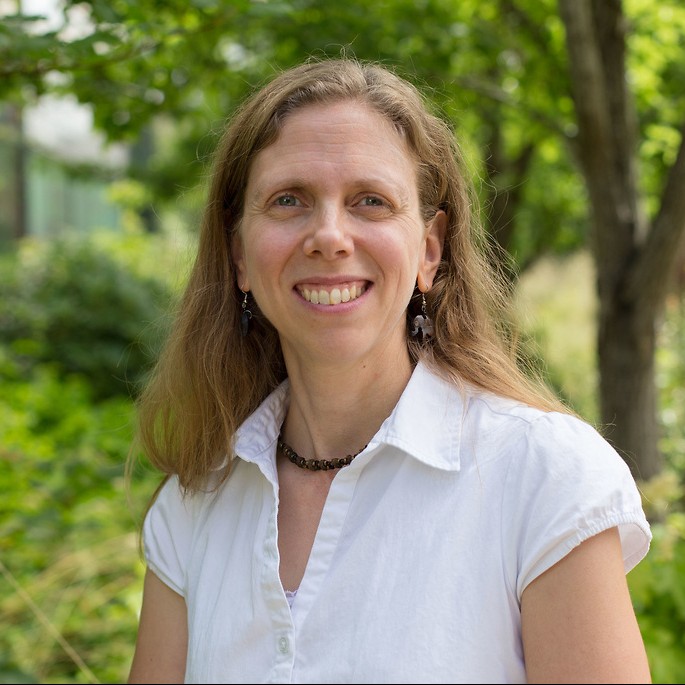
bacteria in Lake Washington sediment, focusing on techniques allowing for estimating population sizes of different subgroups of these bacteria. Since her arrival at PLU in the Fall of 2002, Dr. Auman has primarily taught introductory biology and microbiology courses. As a microbial ecologist, Dr. Auman’s professional interests focus on studying microbial communities in natural environments with the goal of understanding how the microbes contribute to global processes and what products the microbes make
Office HoursMon - Fri: -Area of Emphasis/Expertise -
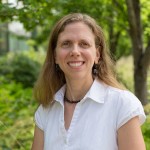
communities of methane-oxidizing bacteria in Lake Washington sediment, focusing on techniques allowing for estimating population sizes of different subgroups of these bacteria. Since her arrival at PLU in the Fall of 2002, Dr. Auman has primarily taught introductory biology and microbiology courses. As a microbial ecologist, Dr. Auman’s professional interests focus on studying microbial communities in natural environments with the goal of understanding how the microbes contribute to global processes and
Office HoursMon - Fri: -Area of Emphasis/Expertise -
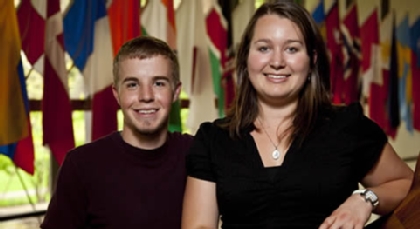
, Macedonia conducting research in grassroots reconciliation in Macedonia. It’s in connection with his political science capstone project. “I hope to research what makes their reconciliation practices successful and trying to understand how their techniques and findings can impact the rest of the world,” Ryan said. “I am most excited to work with world leaders in peace building, and gaining a better understanding of how intractable conflicts can be resolved,” he said. Faculty Along with three PLU students
-

course, whose primary instructor will be MediaLab faculty advisor and Communication Professor Robert Marshall Wells, will explore subjects including film theory, scriptwriting, video production techniques and beyond. “This is the first small step in what we hope will be the start of a full-fledged Creative Media Program at PLU,” said Wells, who also serves as director of CMS. The intent is to provide students with opportunities to learn about visual media and ultimately create their own films and
-

communities of methane-oxidizing bacteria in Lake Washington sediment, focusing on techniques allowing for estimating population sizes of different subgroups of these bacteria. Since her arrival at PLU in the Fall of 2002, Dr. Auman has primarily taught introductory biology and microbiology courses. As a microbial ecologist, Dr. Auman’s professional interests focus on studying microbial communities in natural environments with the goal of understanding how the microbes contribute to global processes and
Office HoursMon - Fri: -Area of Emphasis/Expertise -
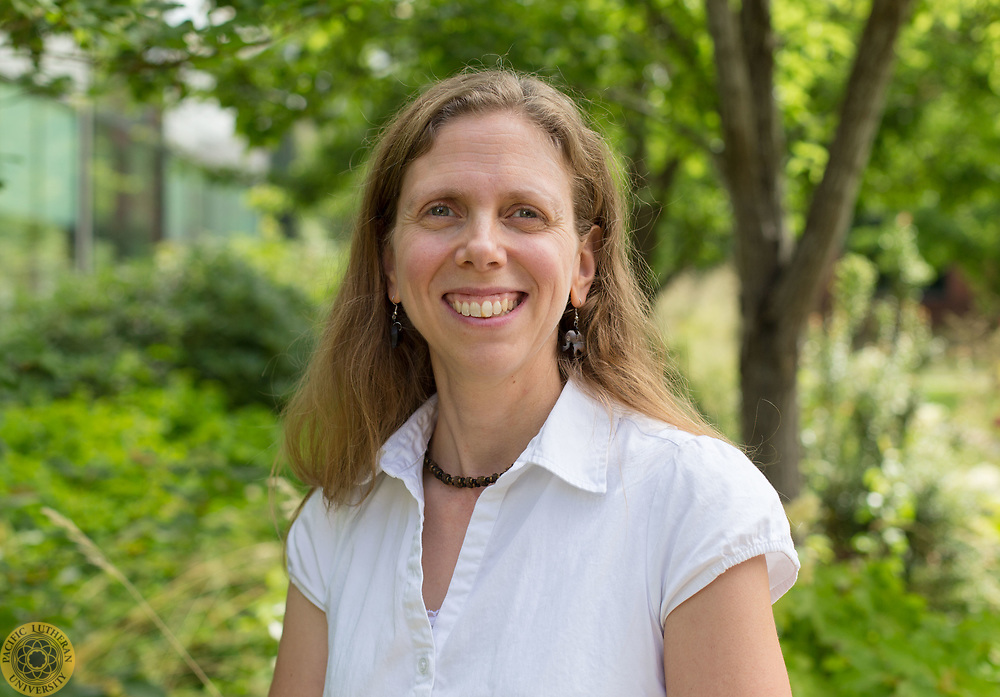
communities of methane-oxidizing bacteria in Lake Washington sediment, focusing on techniques allowing for estimating population sizes of different subgroups of these bacteria. Since her arrival at PLU in the Fall of 2002, Dr. Auman has primarily taught introductory biology and microbiology courses. As a microbial ecologist, Dr. Auman’s professional interests focus on studying microbial communities in natural environments with the goal of understanding how the microbes contribute to global processes and
Office HoursMon - Fri: -Area of Emphasis/Expertise -
biotechnological significance. As part of our microbiology course, PLU students and I examine microbial communities in various soils collected from the Pacific Northwest. Because only 1% or less of Earth’s bacteria has been successfully cultured in the laboratory, we compare culture-dependent and culture-independent techniques, including many molecular tools, to assess the diversity of various environmental niches. Mike Behrens My research interests include ecology and biogeography, primarily in aquatic
-
interpret quantitative information and use it to create and critique logic and data-driven arguments. Students will solve problems by interpreting quantitative information in context. Students will demonstrate the ability to work with mathematical notation, techniques, tools, and concepts. Students will create and critique logical arguments supported by quantitative evidence or symbolic relationships. Engaging the Natural World (NW)Engaging the Natural World (4): Students will learn methods to develop
-
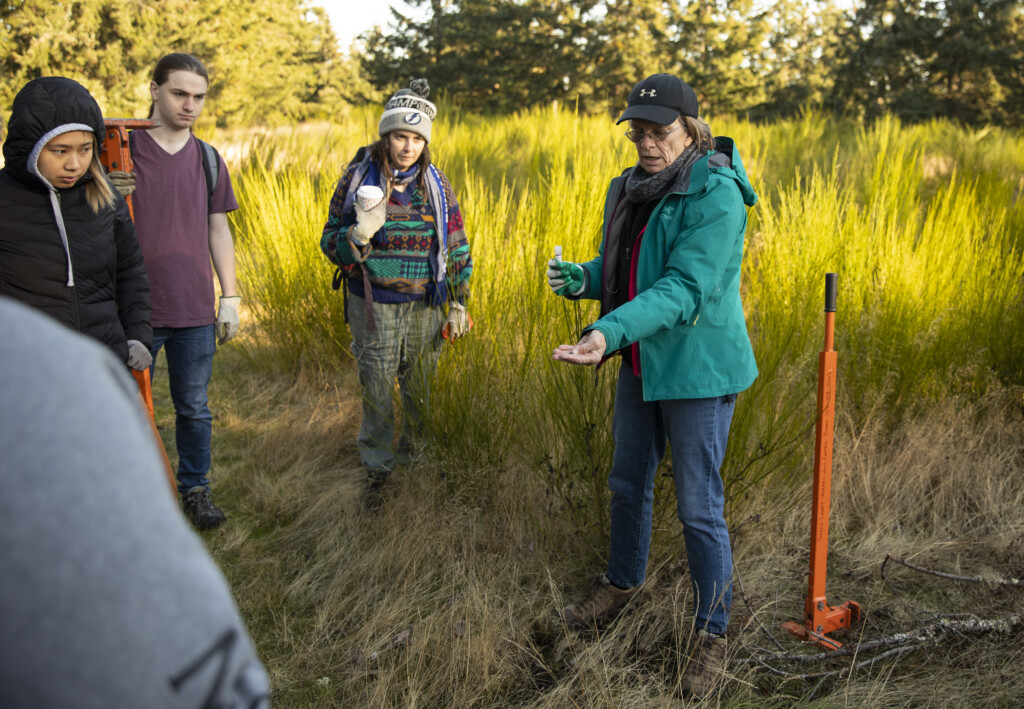
prep, I work weekly to prepare media, reagents, and other items. Also, many of the classes I take have labs that increase my skills and techniques, which can be fostered and improved in the future.” – Makenzie What are your professors like? “I love the professors. Many of them feel like a friend I can go to and chat about my day and what I have planned next for my future. They almost always have their office doors open and are always willing to flex their schedule to meet for office hours. I also
-

says. “Once I had a couple of weeks to figure out where everything was and to practice basic techniques, I felt much more comfortable working independently.” The work centers on polymers — large molecules made up of smaller molecules linked together like a chain — which make up everything from nylon and polyester clothing to Teflon pans. In the future, it may improve lithium-ion batteries. Jackie Lindstrom ’22, a chemistry major and fellow student researcher, said that after the year of remote
Do you have any feedback for us? If so, feel free to use our Feedback Form.


